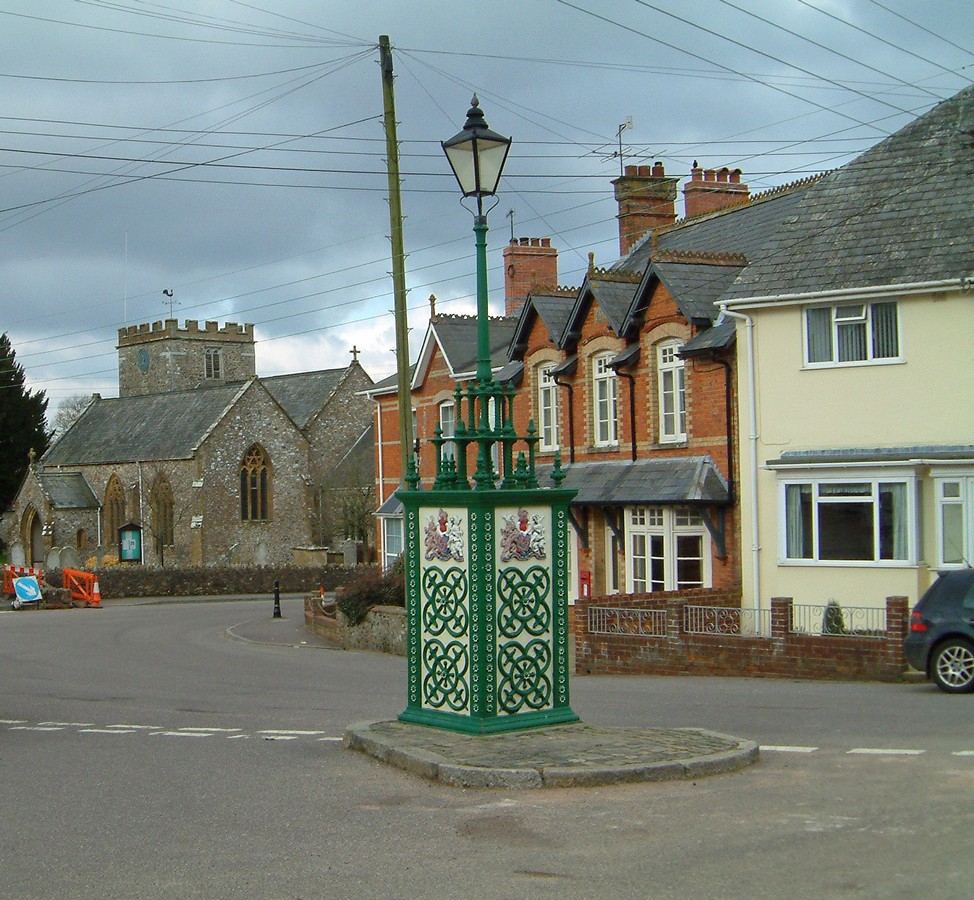
I was idly browsing the online newspaper archive one evening, looking for entries about my respectable great-grandmother, Mary Masey Walker and her staunchly Baptist family from the Devon village of Hemyock. They may have been pious, but they were also entrepreneurs. Mary’s mother Catherine had begun making butter, and soon expanded the business into a sizeable and successful dairy. Becoming ultra-respectable and prosperous, they then moved over the Blackdown Hills into the nearby town of Wellington, becoming pillars of the community there. The last thing I was expecting was scandal – until I hit upon a startling court case from 1869 headed:
Walker versus Salter – An action for seduction
The defendant, one Edwin Masey Walker (and as it happens, my 2 x great uncle), was accused of deflowering a young girl called Jane Salter, getting her pregnant, trying to persuade her to have an abortion, and eventually abandoning her. Jane had kept the baby, and now her own mother was suing Edwin for ‘loss of her daughter’s services’.
I’m probably the first member of the family since that generation to come across these newspaper reports – I’m sure that it was swiftly hushed up after the event. There are several accounts of the two trials, delivering the sordid details with gleeful relish. Edwin was the son of Catherine nee Masey and Thomas Walker. Both the Maseys and the Walkers had been in Hemyock since at least as early as the 17th century, two of prominent and close-knit tribes of the village.
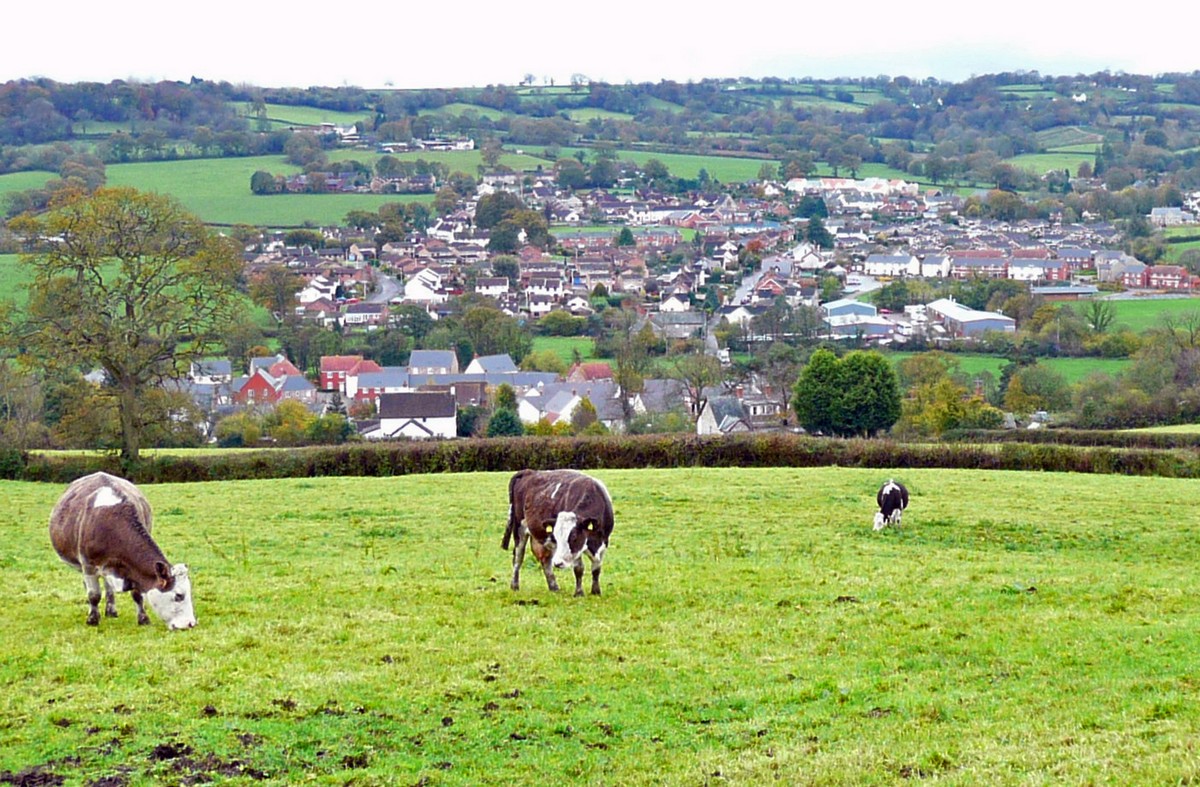
At the time of the scandal, the dairy was doing well. My formidable 2 x gt grandmother Catherine had twelve children, and she and her husband roped many of them in to help out both with the dairy and their local shop. Catherine’s reputation lived on after her; according to family memory, certain visiting reps would always try to make an appointment to visit on a day when she was not in charge! The dairy certainly took off as a business, and Catherine and Thomas decided to expand it by moving to Wellington. Here they also acquired a comfortable new brick-built villa, something now more suited to dairy owners, the Walkers of Wellington. And Edwin was told to change his ideas – his father had found a new candidate for him to marry, someone more suitable than a country cousin such as Jane.
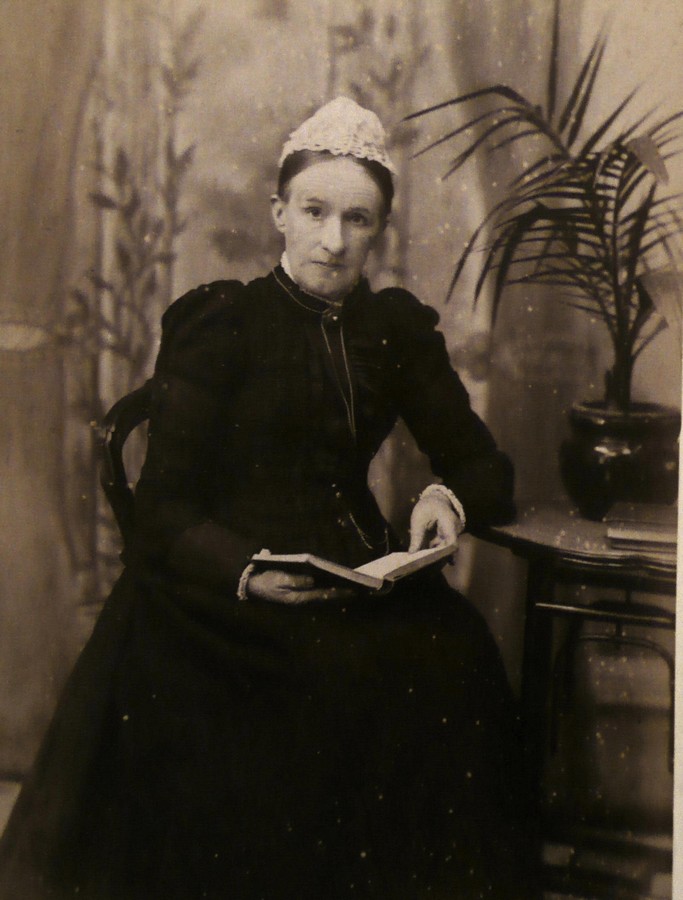
But Jane Salter, back in the village of Hemyock, now wrote to him Edwin to tell him she was pregnant. The statements read out in court declared that not only had he reneged on his promise to marry her, but he had instead committed the unpardonable sin of offering her money to go to Sidmouth for an abortion. (From the tone of the report, it seems that in those days, Sidmouth had a reputation as the Devonian den of vice.) And at that point, Mrs Salter decided to bring the whole matter to court.
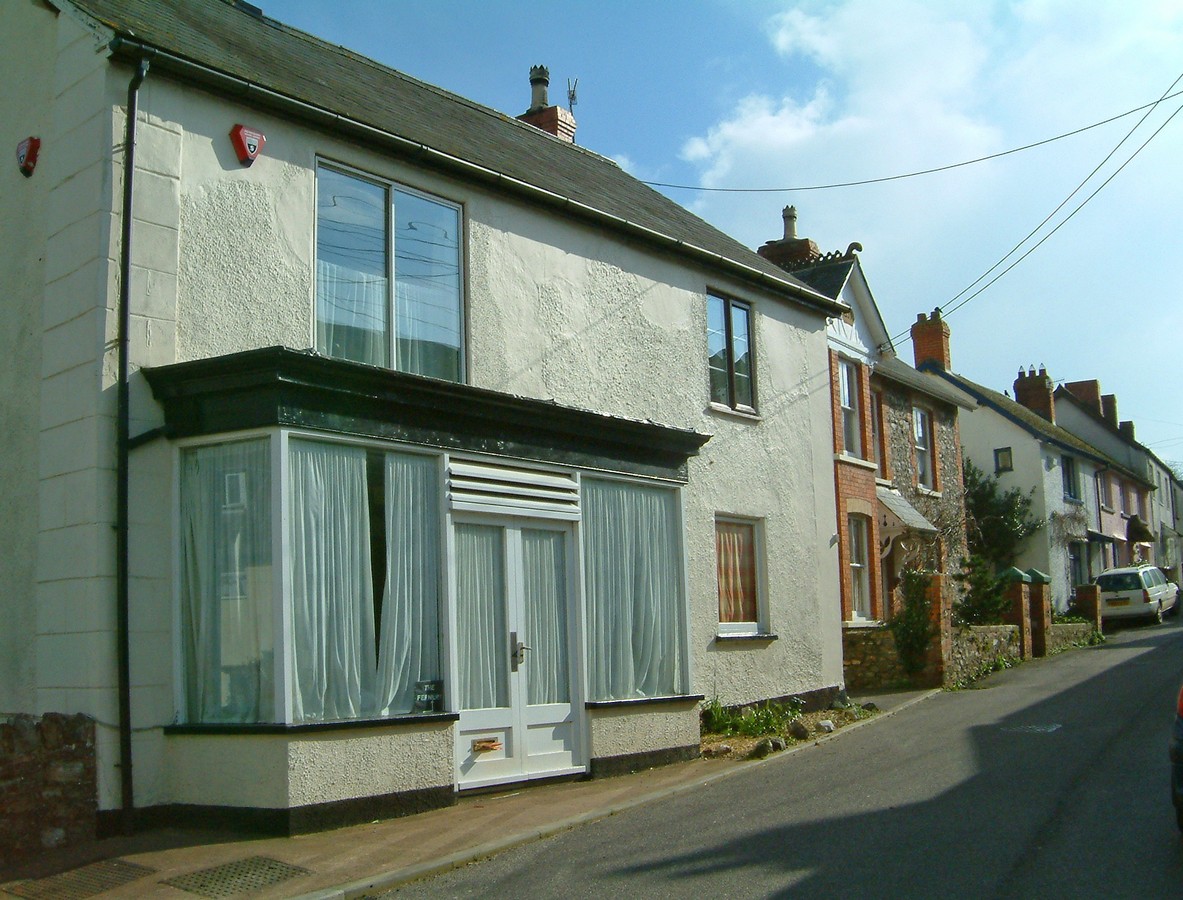
Now the counter accusations flared up. Edwin had primed his defence, Mr Prideaux QC, to interrogate Mrs Salter about the nature of the house she kept in Hemyock. Was it not, in fact, a bawdy house? Was young Jane no better than she ought to be, coming from such a home? He had a witness: John Pursey, confirmed that he and another friend had had sexual relations many times with both Jane and her sister Sarah – and while the girls slept in one bed. Was Jane then really an innocent deflowered maiden? According to Pursey, she shared her favours generously around the neighbourhood.
The judge hovered, almost ready to throw the case out, but Mr Collins, Mrs Salter’s attorney, leapt heatedly to Jane’s defence, and protested that the ‘abominable insinuations’ would be refuted by the ‘minister of the parish’ who would testify to the family’s ‘irreproachable characters’. If this was the Baptist minister, then the temperature was getting hot indeed, with Edwin’s family also prominent in Baptist circles. The Baptist Church abhorred any sex outside marriage at the time; people were often excluded from the church for less.
And so the jury found in favour of Mrs Salter, with Edwin ordered to pay £50 damages, just over £2000 by today’s values.


But that was not the end of the matter. John Pursey was brought back to court on Wed August 3rd, 1870, accused of perjury. The ‘friend’, Robert Wright, who said he had slept with both girls, hastened to back off from his testimony. John now maintained that he had plainly fallen into a kind of trance, and that he had found himself by the girls’ bedside one day with no idea of how he had got there. Of one thing he was no sure – there had been no intimacy. Edith Salter likewise denied that her house ‘was frequented by young men who played cards and drank to a late hour.’ The colourful accusations were hurled backwards and forwards in court that day, which finally resulted in a bemused verdict by the jury that ‘there was a doubt in the case’, and so Pursey was released.
After I’d investigated this scandal, I was contacted by two new descendants. One was descended from Edwin’s legitimate heirs – his father Thomas Walker had indeed persuaded Edwin to marry into a better family – and the other was the grandson of the illegitimate daughter with Jane Salter. Jane had defiantly named her daughter Emily Masey Walker Salter, and sadly, my new contact confirmed that Emily had carried a sense of betrayal and resentment all her life. Both of these men, who didn’t know each other, were curious to know anything I could tell them about their ancestor Edwin. I pondered this – one of the ethical dilemmas of family history can be whether to tell the whole truth. My solution was this: to both of them I replied that I could certainly do so, but I should warn them that nobody came out of this very well. Did they still want me to go ahead? Oh yes, they each replied enthusiastically – please dish the dirt!

There was some rough justice, as Edwin didn’t make a success of his life. He became a failed and bankrupt businessman several times over, and his socially desirable marriage ended in separation. Meanwhile, others in the family prospered. Two other sons, Clifford and Eustace Walker took over the dairy business and became pillars of society. Eustace served as a Justice of the Peace and Portreeve of Wellington, while Clifford built a classy mansion known as the Gables, where the cream of the town gathered for tennis parties on the lawn. They died well-established and wealthy, and the dairy was not forgotten even after various take-overs and its final demolition in the 1980s. ‘Walkers Gate’, a small development of executive-style houses, is built on the site. I think formidable Catherine would have approved.
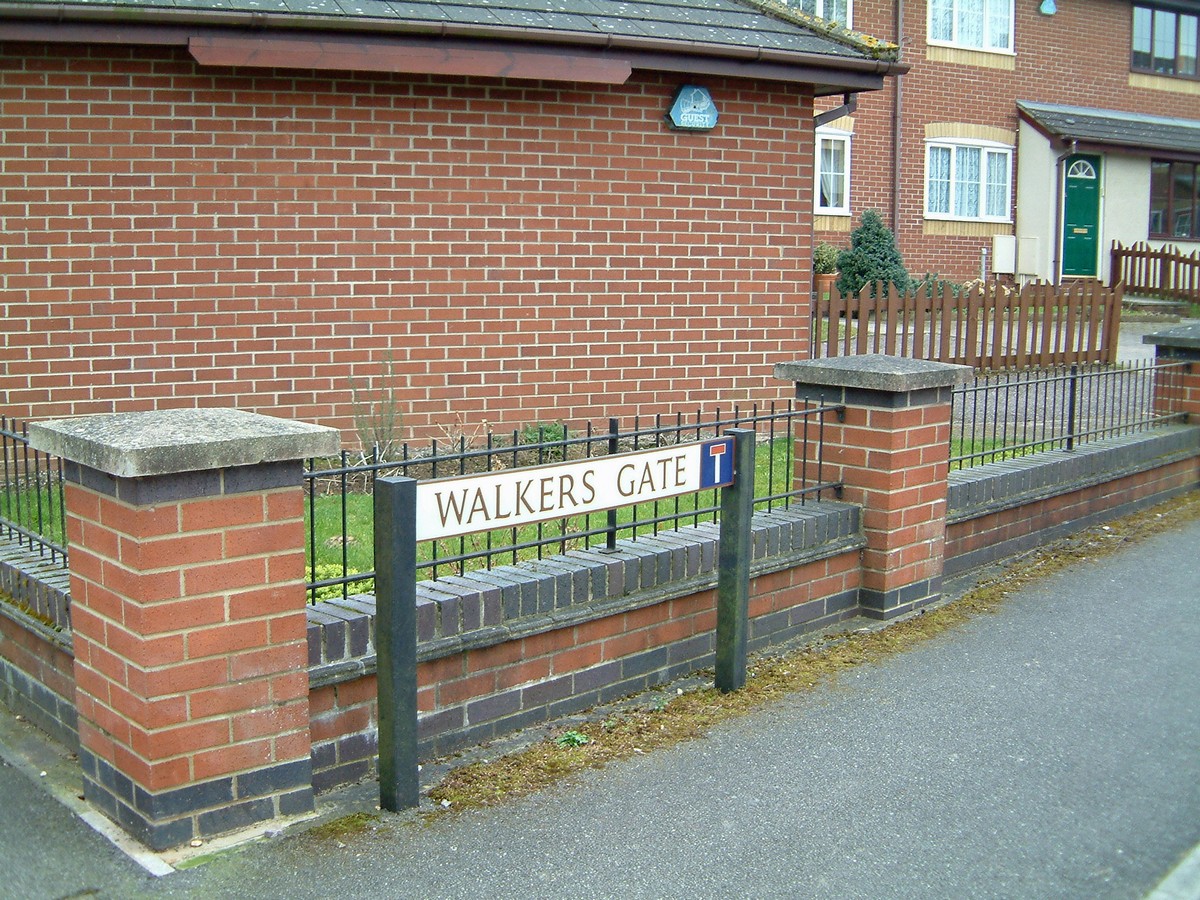


As for my great grandmother Mary, family memory relates that she resented acting as a nursemaid to her six younger brothers and sisters, and was only too pleased to an offer of marriage from the Rev David Owen. Great-grandfather David arrived in his first pastorate in Hemyock as a newly-qualified Baptist Minister from mid-Wales. The story also relates how he found the Devon mindset too closed for his liking, (he was a highly-educated scholar of Hebrew and Greek, even though he came from humble beginnings), which is why he whisked his bride off to a new life in Ohio, USA. They returned later to England, but never a word was breathed about the scandal of the wicked great uncle Edwin.
In the 1980s, I used to live on Exmoor and would drive over to Wellington to buy feed for my horse and chickens. The dairy was still operating then as a sizeable factory, and under a different name. I had no idea that it had a family connection. Since then, I’ve moved away, and then back again to Exeter, from where I’ve explored Hemyock and Wellington more thoroughly, seeking out the family stories. What has struck me is the comparative remoteness of Hemyock as a historic but quiet village, reached by a maze of lanes, whereas Wellington has what must once have been Victorian sophistication, and was well-connected to places further afield. Although there are only five miles between them, they are two different worlds. I have pity for the girl that Edwin abandoned, but am also proud of the 2 x great grandmother who set the scene for family success. Family history can certainly be a cause of conflicting emotions.
Moving over the hill, from Hemyock to Wellington, certainly brought about a new era of family life for the Walker family, but was also the cause of a scandal long hidden out of sight.

If you’re interested in viewing another blog which focuses on discovering lost ancestors, try:
Related books by Cherry Gilchrist:


